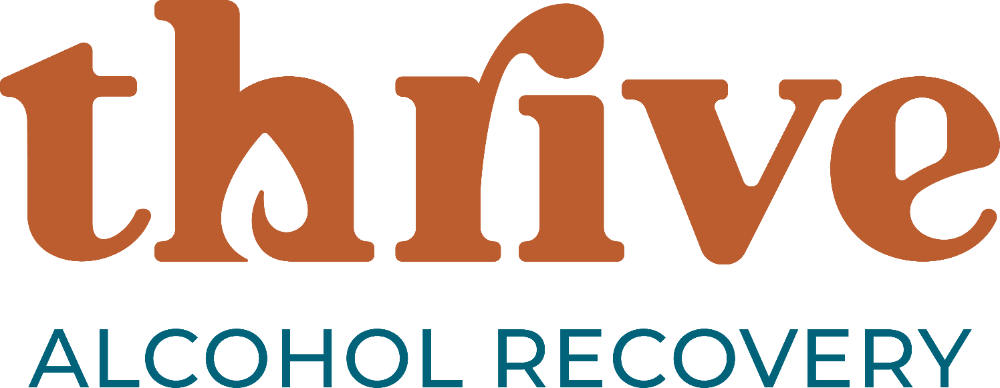How I Finally Took Control of My Drinking with The Sinclair Method
Jun 10, 2024For nearly 10 years, I was trapped in a destructive relationship with alcohol. On one hand, drinking brought moments of fun and enjoyment. But the dark side led to countless negative consequences, overwhelming shame, and deep regret. Every day was a battle. I would struggle to moderate my drinking, or I would start another "Day 1," promising myself, "THIS is it! I'm not drinking anymore," only to return to drinking a few days later.
Needless to say, I felt defeated and frustrated. I understand how overwhelming and impossible it can feel when you're losing control over your relationship with alcohol.
But after years of trying and failing, I finally found hope. In 2017, I discovered The Sinclair Method (TSM), and everything changed. If you're struggling with alcohol and haven’t been able to quit or moderate your drinking, my story might give you the hope and inspiration you need.
The Relentless Struggle with Alcohol Use Disorder (AUD)
Before I discovered TSM in 2017, my life was a rollercoaster of failed attempts to quit drinking. I tried everything: cold turkey, support groups, therapy—you name it. But no matter how hard I tried, I always ended up relapsing.
The cravings for alcohol were relentless—I constantly thought about drinking, white-knuckling my way through moments of temptation. Even when I managed to stay sober for a while, I was always counting down the days until I’d inevitably drink again. It was exhausting.
A Chance Discovery: TSM
In 2017, during one of my many desperate searches for a solution, I stumbled upon The Sinclair Method (TSM). Unlike traditional approaches that require total abstinence, TSM allows you to reduce drinking gradually over time while rewiring your brain’s response to alcohol.
If you’re unfamiliar with how TSM works, you can read a full breakdown of the science behind it here.
This was a revelation for me—it meant I could work on changing my drinking habits without the pressure of quitting cold turkey.
How TSM Helped Me Break Free from Alcohol
The key to TSM is taking naltrexone one hour before drinking. This medication blocks the brain’s reward response to alcohol, gradually weakening the compulsive drive to drink. Over time, cravings decrease, and many people find themselves drinking less and less—without relying on willpower alone.
At first, TSM allowed me to drink moderately—which was my initial goal. I could enjoy a glass or two of wine with friends and actually stop there. This was a huge shift for me because before TSM, one or two drinks were just the start of an all-night binge.
But something even more unexpected happened…
I Became Alcohol-Free—Without Even Trying
As I continued following TSM, my desire for alcohol kept decreasing naturally. I never set out to quit drinking entirely—I just wanted to be in control. But by about the 11-month mark, I realized I simply didn’t want to drink anymore.
I found myself “forgetting” to drink, skipping occasions where I normally would have had alcohol, and eventually, after about four months of effortlessly being alcohol-free, I just stopped drinking altogether in 2018.
The most incredible part? I still have the choice to drink. If I ever wanted to, I’d simply follow the TSM protocol and take naltrexone beforehand. But the crazy thing is… I just haven’t wanted to.
What Life Feels Like Now—The New Normal
Being alcohol-free today feels nothing like my past attempts at sobriety.
❌ No more white-knuckling.
❌ No more constant mental battles over alcohol.
❌ No more craving or feeling “left out” when others drink.
I feel like my pre-drinking self—like alcohol was never a big deal to begin with. It’s as if the addiction has been completely reversed.
The Power of Choice and Control
One of the most empowering things about TSM is that it gives you control over your relationship with alcohol. Whether you want to:
✔ Drink moderately with confidence
✔ Reduce cravings and break the habit
✔ Quit drinking entirely over time
…TSM gives you the flexibility to choose your own path—without shame, pressure, or relying on willpower alone.
If you want structured support while following TSM, check out Thrive Alcohol Recovery—a program designed to help you navigate this journey with confidence.
Why More People Need to Know About TSM
Despite its proven success, The Sinclair Method isn’t widely known—and that needs to change. There are decades of research supporting its effectiveness, and countless success stories, including my own.
That’s why I share these stories on my YouTube channel—to raise awareness and help others discover this life-changing treatment.
If you’re curious about TSM or want to learn more, click here. You can also contact us with any questions.
Take care, and remember—there’s always hope. 🌈
Cheers,
Katie
Medical Disclaimer: This content is for informational purposes only and is not medical advice. Consult a healthcare professional for any medical concerns. Do not ignore or delay seeking medical advice based on what you read here.







